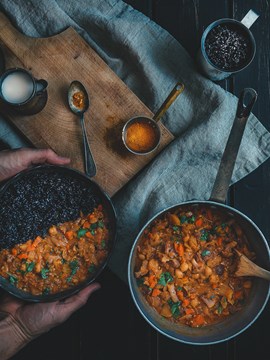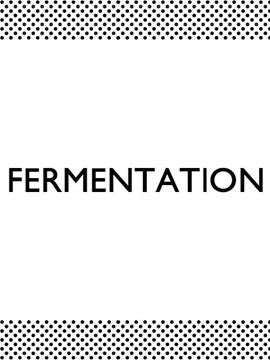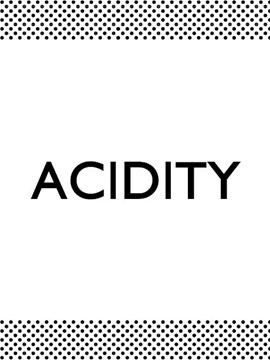‘Complexity’ in wine is pretty much wine jargon defined by other wine jargon (mouthfeel, structure, acidity, nose, finish, alcohol level, tannins). But to put it simply, when a wine is ‘complex,’ it has a lot going on!
Wines with complexity are often striking; they’re the ones you’ll remember long after you take that final sip. If you’re enjoying a wine and notice, say, a myriad different notes on the nose, a chalky mouthfeel (aka texture) thanks to strong tannins, balanced acidity, and a lingering finish, then you can safely describe it as complex.
Complexity is influenced and created by a number of factors, among them the natural characteristics of the varietal (viognier, for example, is typically more complex than pinot gris — which isn’t to say the latter is bad!); the qualities of the vineyard where the grapes are grown; the weather and environment in which the vineyard sits; the style the winemaker wants to achieve; and the method and length of aging (oak barrels vs. stainless steel, a few months vs. a few years).




